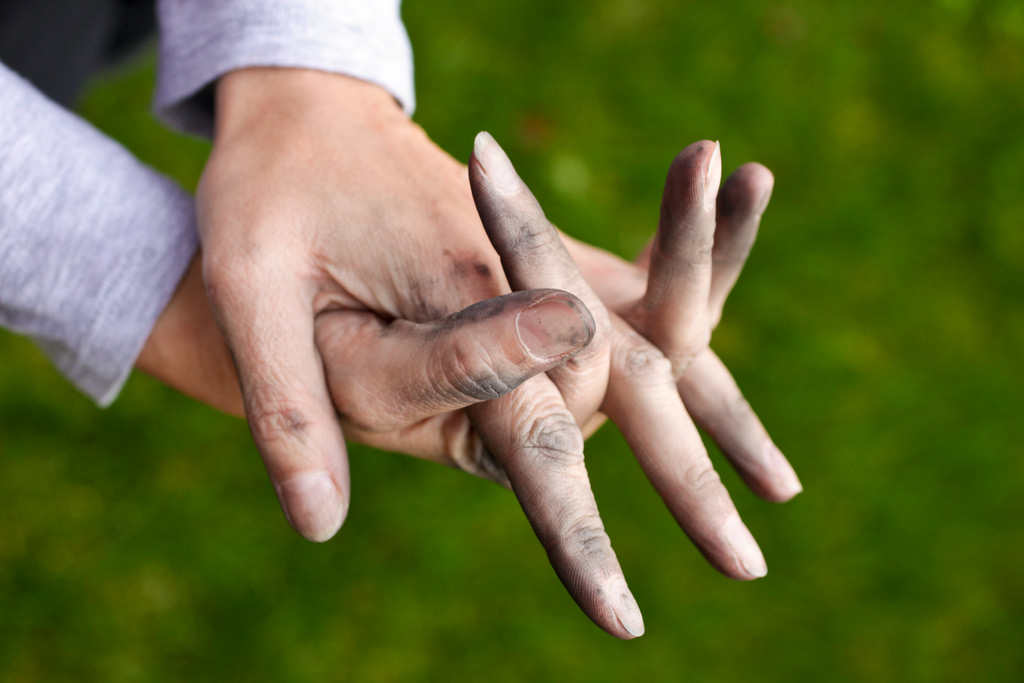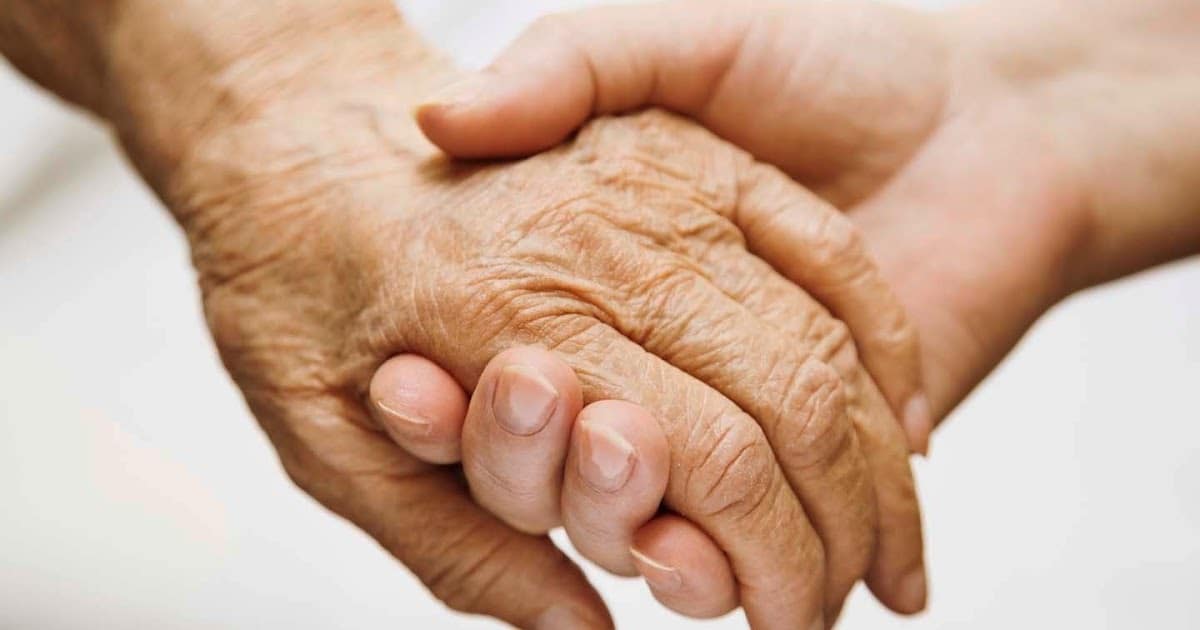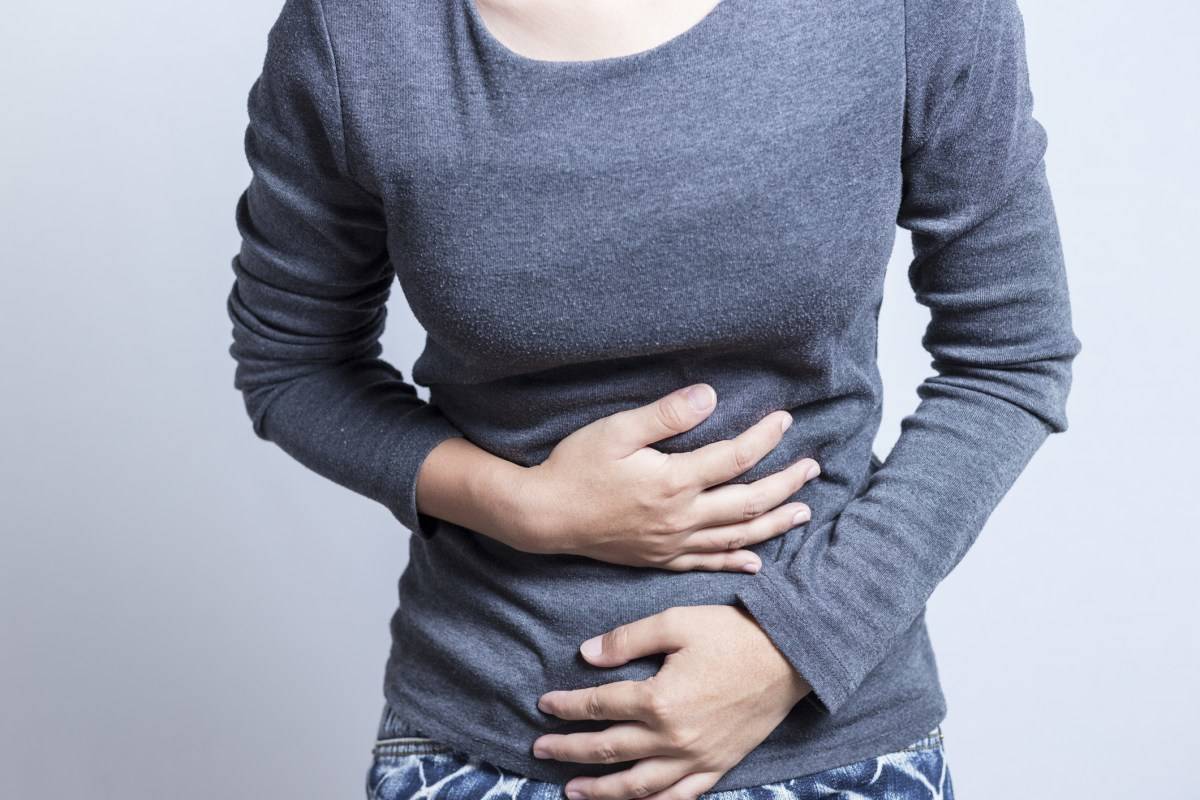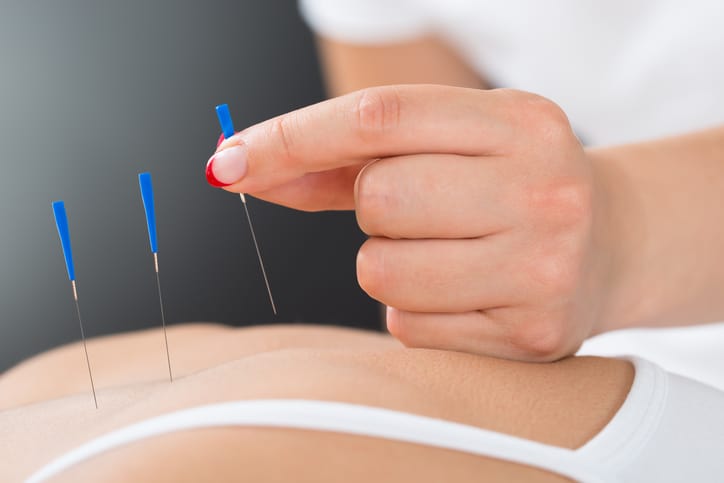Contents:
- Medical Video: Cervical Cancer Symptoms | Bleeding | Vaginal Discharge | Pelvic Pain | Pain During Intercourse
- What causes vaginal bleeding after sexual intercourse?
- Who is prone to bleeding after sexual intercourse?
- How do you deal with vaginal bleeding after sexual intercourse?
- Ultrasound examination
- Pap Smear examination
- Use vaginal moisturizer
Medical Video: Cervical Cancer Symptoms | Bleeding | Vaginal Discharge | Pelvic Pain | Pain During Intercourse
There are many reasons that cause women to experience bleeding after intercourse. In the world of health this condition is called postocoital bleeding. In fact more than 63 percent of vaginal cases bleedin women due to the first time sexual intercourse, due to penetration friction (the penis enters the vagina) which causes cuts or abrasions, vaginal dryness, and so on.
If you experience mild bleeding after sexual intercourse, it is not too worrying. But if you have certain risk factors or have entered menopause, the vaginal bleeding after good sexual intercourse is immediately checked by a doctor for further diagnosis.
What causes vaginal bleeding after sexual intercourse?
Bleeding that occurs after sexual intercourse is generally caused by two things, namely problems in the cervix or cervix, and bleeding in the lining of the uterus or endometrium.
Bleeding that occurs in young women who have not experienced a period of monopause is generally related to cervical problems. While bleeding that occurs in women who are monopause comes from a variety of problems such as the cervix, uterus, labia (vaginal lips) or bladder ducts.
Inflammation of the cervix after intercourse can cause bleeding. This condition, called cervical erosion, is common in young women, pregnant women, and those taking birth control pills. Most bleeding comes from the vagina which can cause a decrease in hemoglobin levels in the blood, headache, decreased blood pressure, and an increased pulse.
In addition to other causes of bleeding after intercourse are:
- Friction caused during sexual intercourse
- Genital wounds are caused by sexually transmitted diseases, such as genital herpes and syphilis
- Dry vagina due to lack of lubricating fluid
- Normal bleeding in the uterus, this can occur at the beginning or end of the menstrual period
- Trauma due to sexual violence
Who is prone to bleeding after sexual intercourse?
You may be at risk of bleeding after sexual intercourse if:
- Having uterine cancer
- Is entering the phase of perimenopause, menopause, or postmenopause
- Just giving birth or breastfeeding
- Having sex with more than one person without using contraception
- Not fully aroused during intercourse
- Do often douching or washing the vagina with a female cleaning product
How do you deal with vaginal bleeding after sexual intercourse?
To overcome bleeding, the exact cause of the bleeding must be known in advance. The earlier the examination, the earlier the therapy can be done so that it can be resolved quickly. Some checks that can be done to deal with abnormal bleeding after sexual intercourse are:
Ultrasound examination
To find out where the bleeding is and the exact cause, you can undergo an ultrasound examination. Ultrasound can be done from head to toe to find out all the abnormalities that occur in all parts of the body.
Pap Smear examination
Regular Pap Smear examination can detect early related abnormalities that occur in the reproductive organs. All women who have had sexual intercourse are strongly encouraged to do this test regularly, at least once a year.
Use vaginal moisturizer
If your bleeding is caused by vaginal dryness, you can use a vaginal moisturizer. Vaginal moisturizer is used to increase moisture and help restore the natural acidity of the vagina. In addition, use vaginal lubricants to reduce friction uncomfortable during intercourse. It is always better to consult the doctor in advance for further information and actions.












